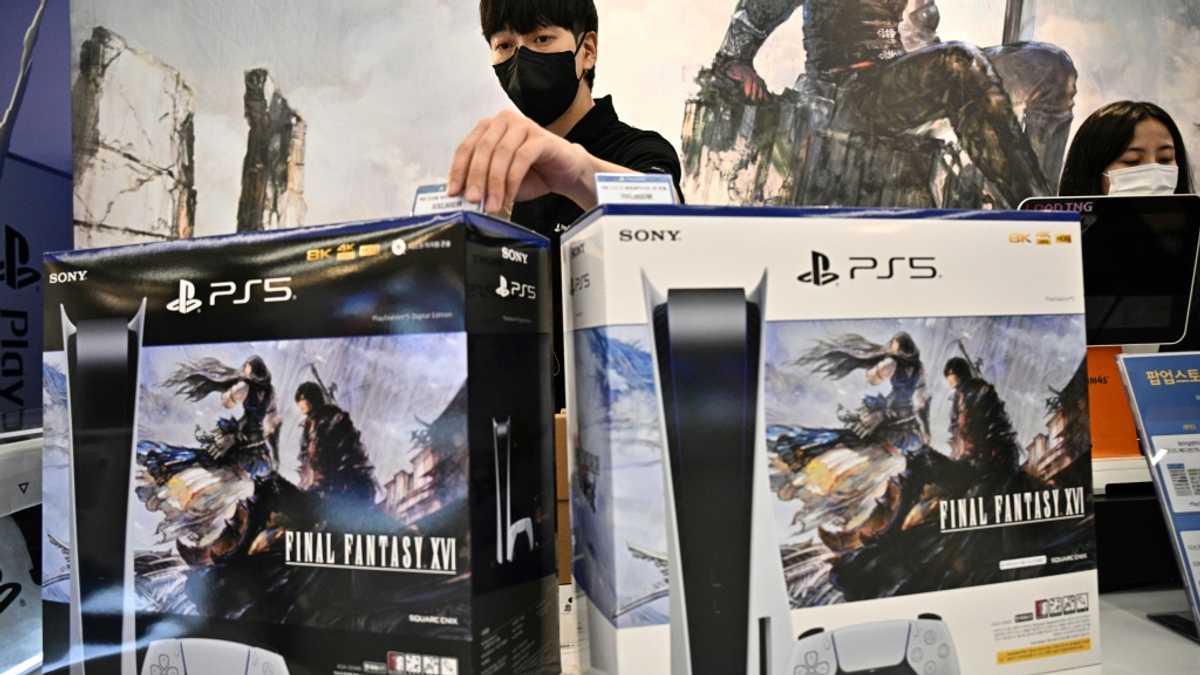PlayStation Prices Soar Amid US Tariff Impact

Rising Costs and Strategic Adjustments
Sony has announced a significant price increase for its PlayStation 5 video game consoles in the United States, raising the cost by $50. This decision comes as companies across various industries face mounting challenges due to a complex economic landscape.
The adjustment is partly attributed to tariffs imposed by former President Donald Trump, which have increased the cost of imported goods. These tariffs have forced companies like Sony to reconsider their pricing strategies to maintain profitability. According to Isabelle Tomatis, vice president of global marketing at Sony Interactive Entertainment, the company is navigating a difficult economic environment, similar to many other global businesses.
Initially, there were concerns about a potential 25% tariff on imports, but Japan managed to negotiate a 15% tariff with the Trump administration. As a result, Sony has decided to increase the recommended retail price for PlayStation 5 consoles in the US. The new prices will be $550 for the standard model, $500 for the Digital Edition, and $750 for the Pro version.
In May, Sony warned that it was considering adjusting prices in the US, estimating that tariffs could cost the company around $680 million in the fiscal year. This highlights the growing financial pressure on companies due to the ongoing trade tensions.
Other American companies are also feeling the impact of these tariffs. For example, New York-based cosmetics giant Estee Lauder estimated that the new tariffs would affect its finances by about $100 million for the 2026 financial year. The company plans to adjust its prices to offset the additional costs.
PepsiCo, a major US snack company, is considering a 10% price increase for its soft drinks to mitigate the effects of tariffs, particularly those on imported aluminum used in soda cans. According to trade magazine Beverage Digest, this move is aimed at managing the rising costs associated with the tariffs.
Meanwhile, California-based energy drink maker Monster Beverages is also considering price increases due to a "complex and dynamic customs landscape," as noted by CEO Hilton Schlosberg. This reflects the broader trend of companies adapting to changing trade policies.
The US Commerce Department recently announced that the country has expanded its steel and aluminum tariffs, affecting hundreds of products that contain these metals. This includes items such as child seats, tableware, and heavy equipment. Since returning to the presidency, Trump has imposed tariffs on nearly all US trading partners, creating a ripple effect across various industries.
While the impact of these tariffs on consumer prices has been limited so far, economists warn that the full effects are yet to be seen. Some businesses have tried to cope by bringing forward purchases of products that may face tariffs. Others have passed on additional costs to consumers or absorbed part of the tariff burden.
As companies continue to navigate this challenging environment, the need for strategic adjustments becomes increasingly important. Whether through price changes, operational shifts, or supply chain modifications, businesses must find ways to manage the financial pressures brought on by trade policies. The ongoing situation underscores the importance of adaptability in an ever-changing economic landscape.

Comments
Post a Comment